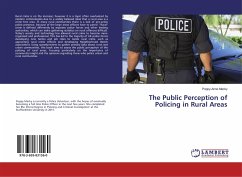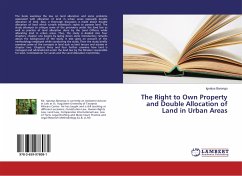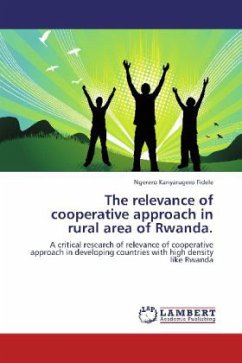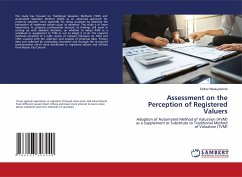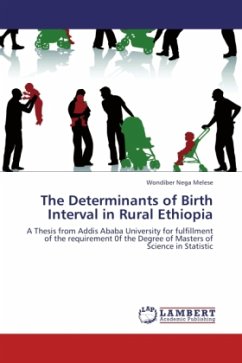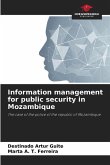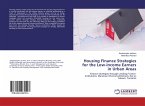Rural crime is on the increase; however it is a topic often overlooked by modern criminologists due to a widely believed ideal that a rural area is a crime free area. In many rural communities there is a lack of pro-active police presence, because of the large areas officers have to patrol. "Rural" crime is defined differently by separate police forces and other leading authorities, which can make gathering statistics on rural offences difficult. Today's society and technology has allowed rural crime to become more organised and professional. This has led to the majority of UK police forces developing new tactics and job roles to tackle rural crime, such as appointing rural crime officers and developing Neighborhood Watch associations. Using questionnaires to gather primary data about rural and urban communities, this book aims to assess the public perception of the policing of rural areas, focusing particularly on the importance of community insight and the opinions regarding those who police urban and rural communities.
Bitte wählen Sie Ihr Anliegen aus.
Rechnungen
Retourenschein anfordern
Bestellstatus
Storno

